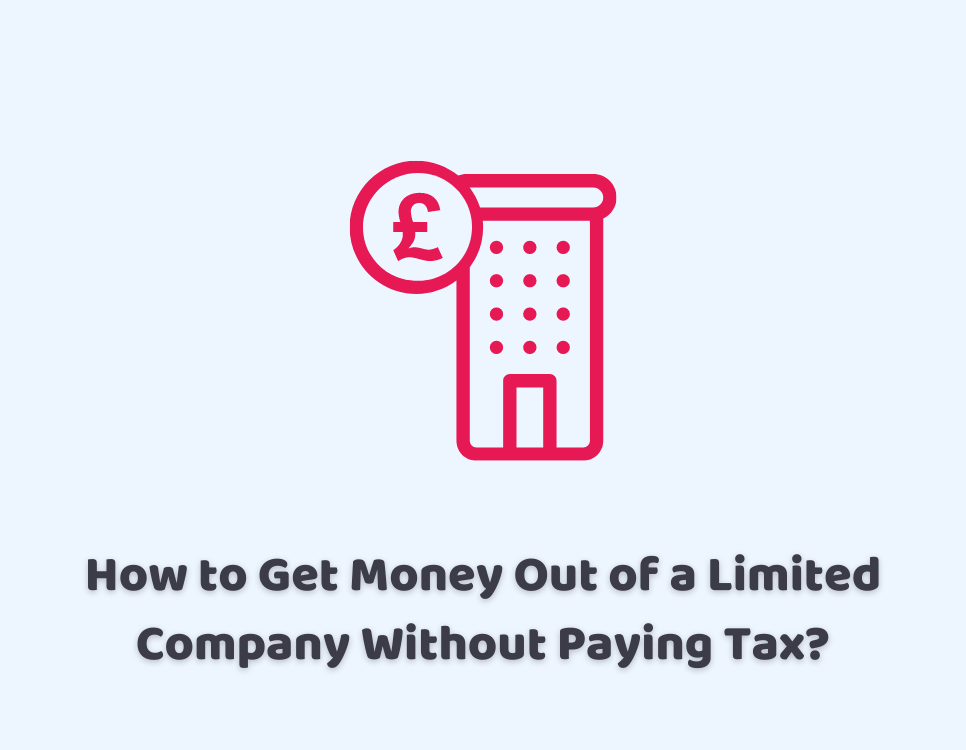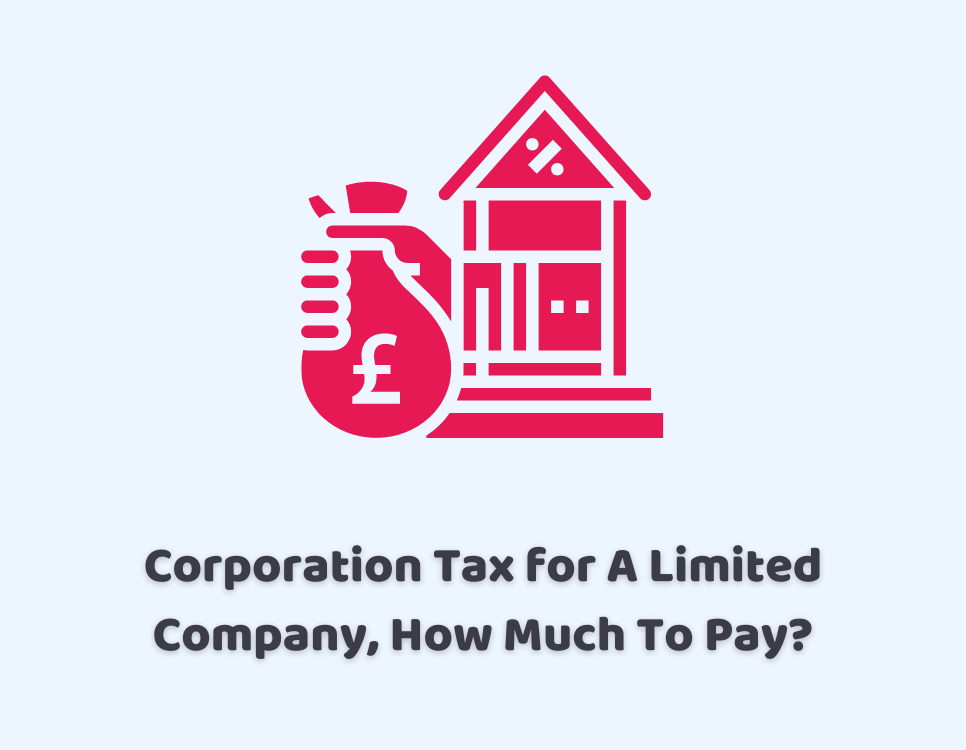19/01/2022Dividend Allowance , Limited Company , Tax Saving Tips
Running your own company can be more tax-efficient than working through an umbrella company or sole proprietorship. Through it, you can get rewards for your work by maximising your take-home pay and taking advantage of the savings due to the number of withdrawing options available. You can extract money from your limited company through salary, …
Read more


